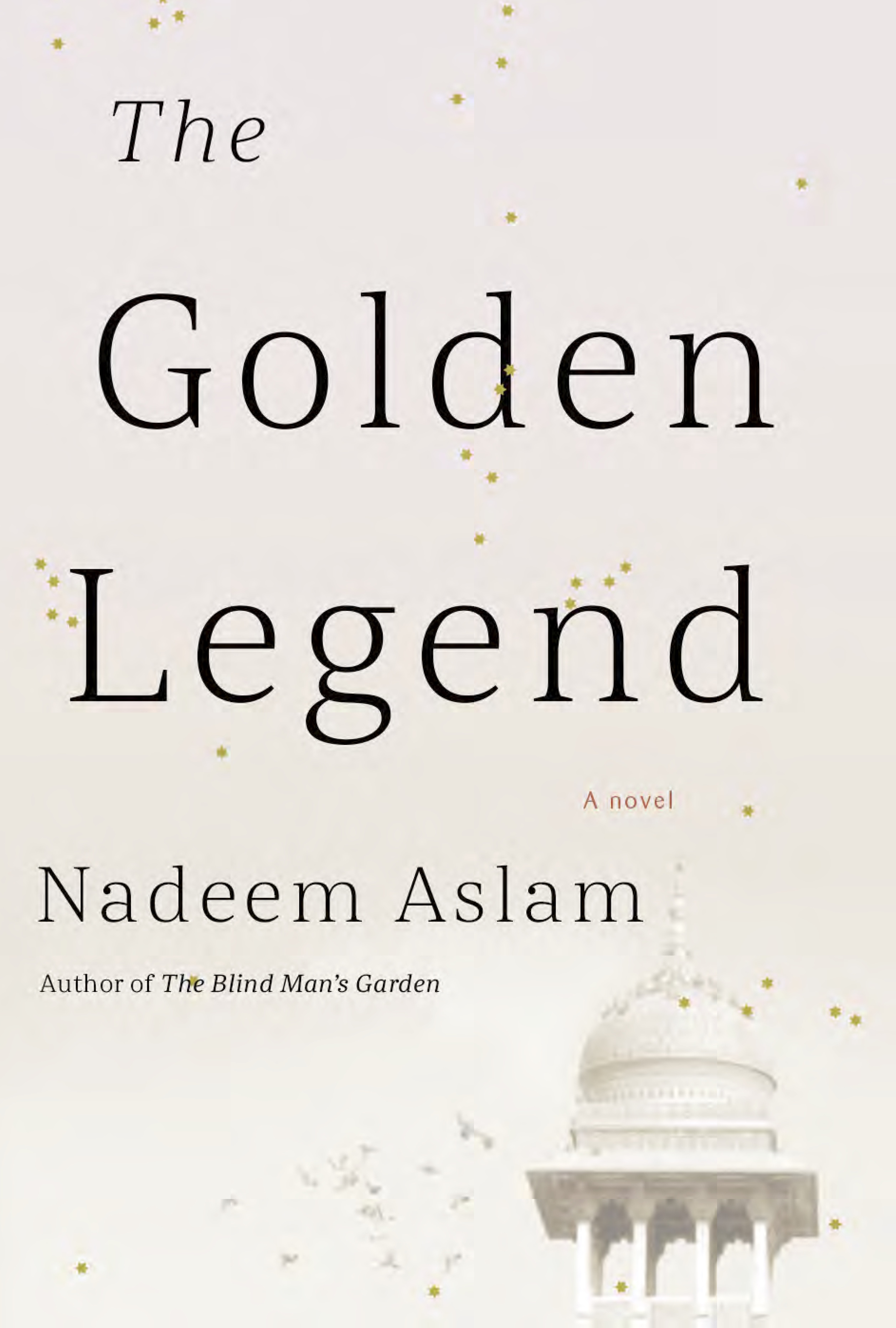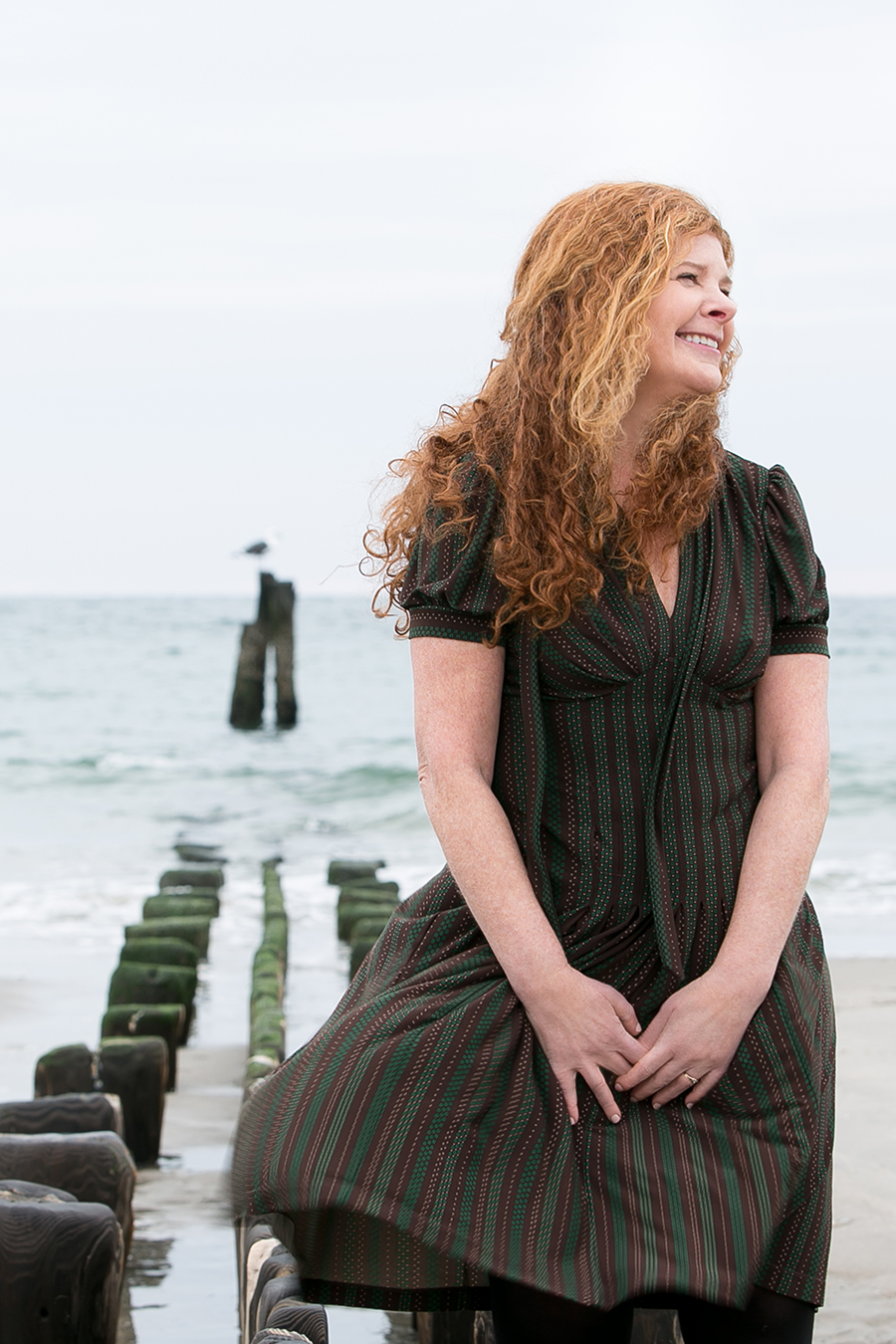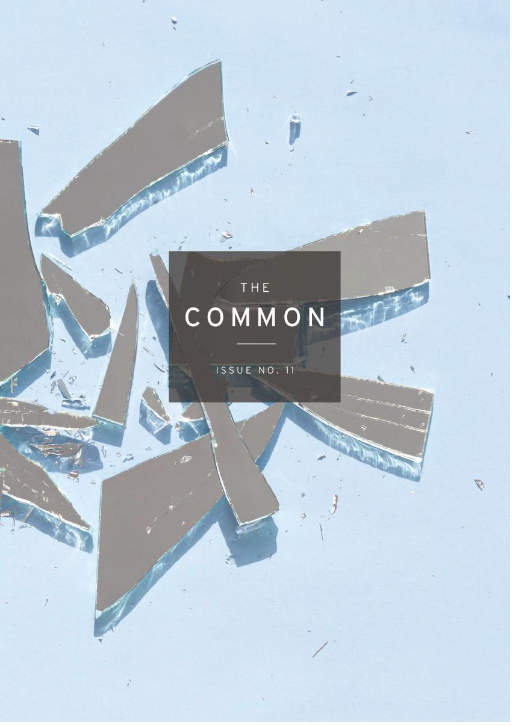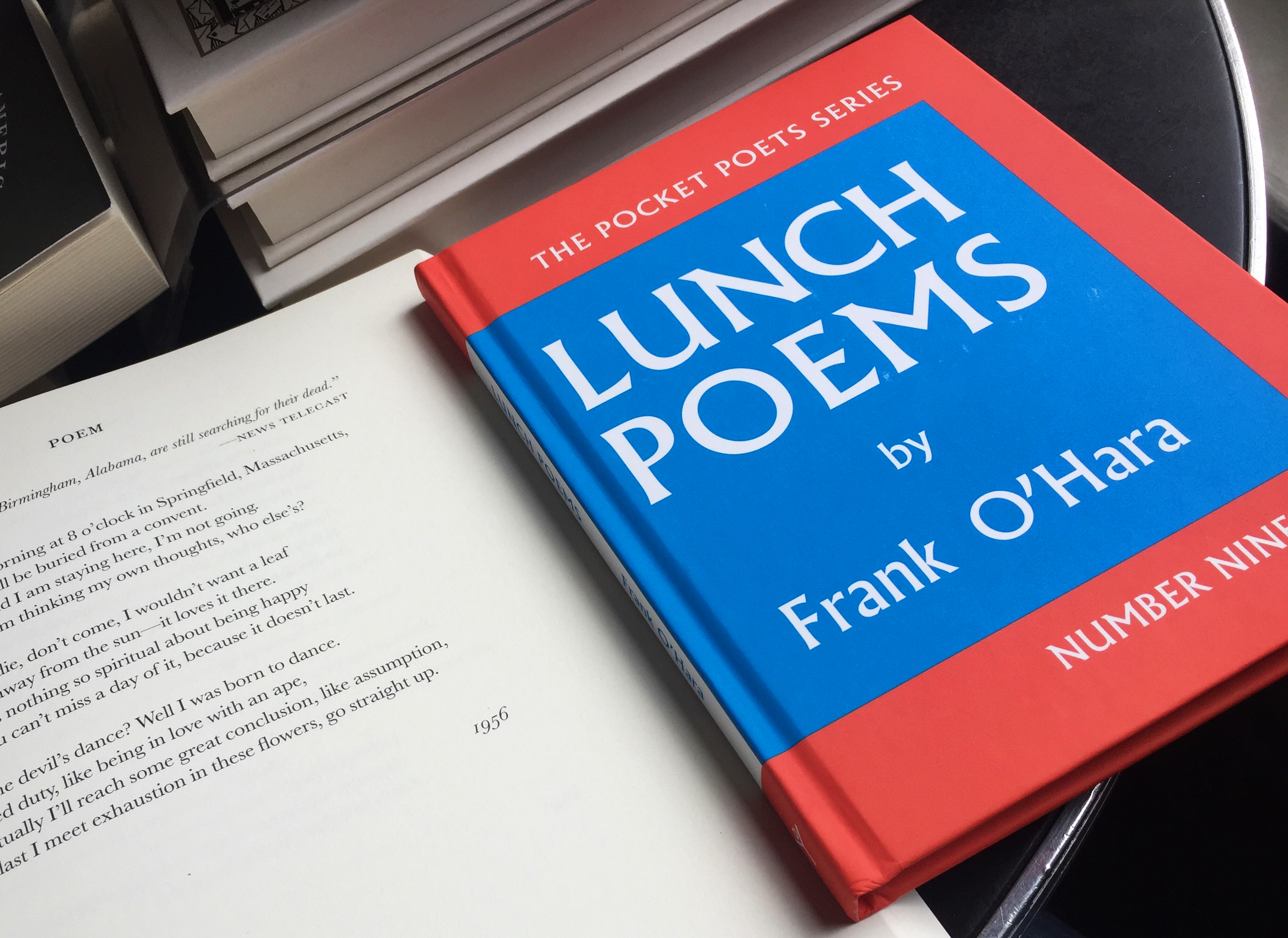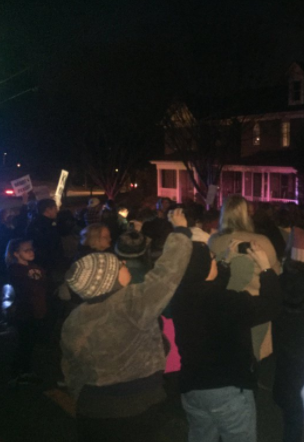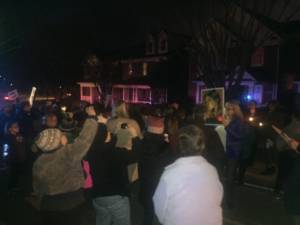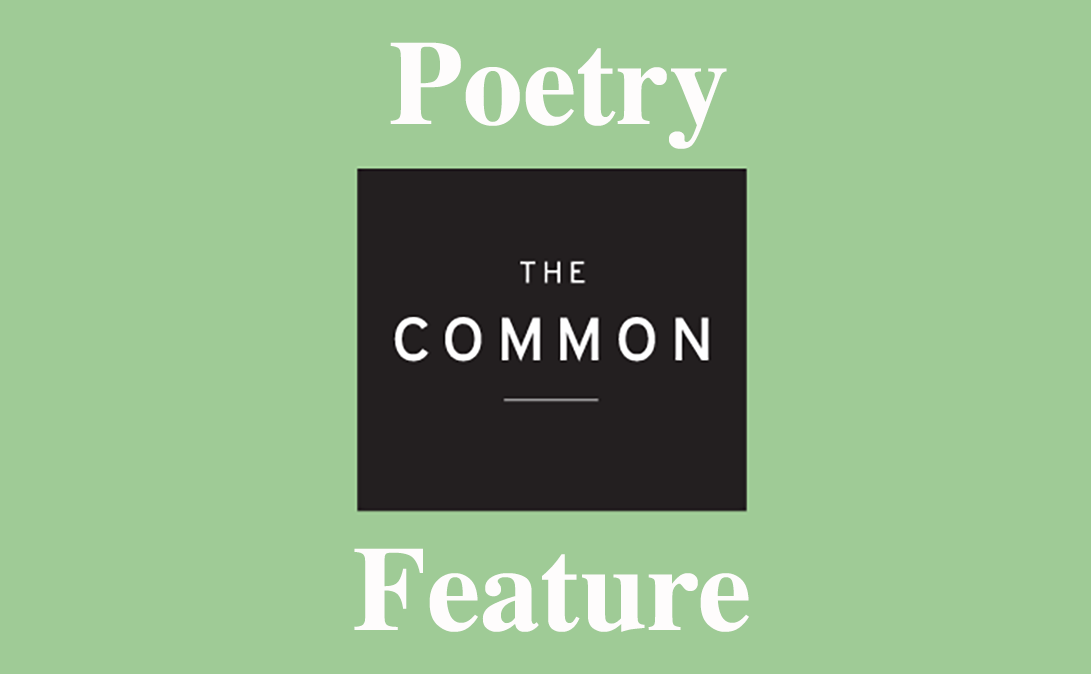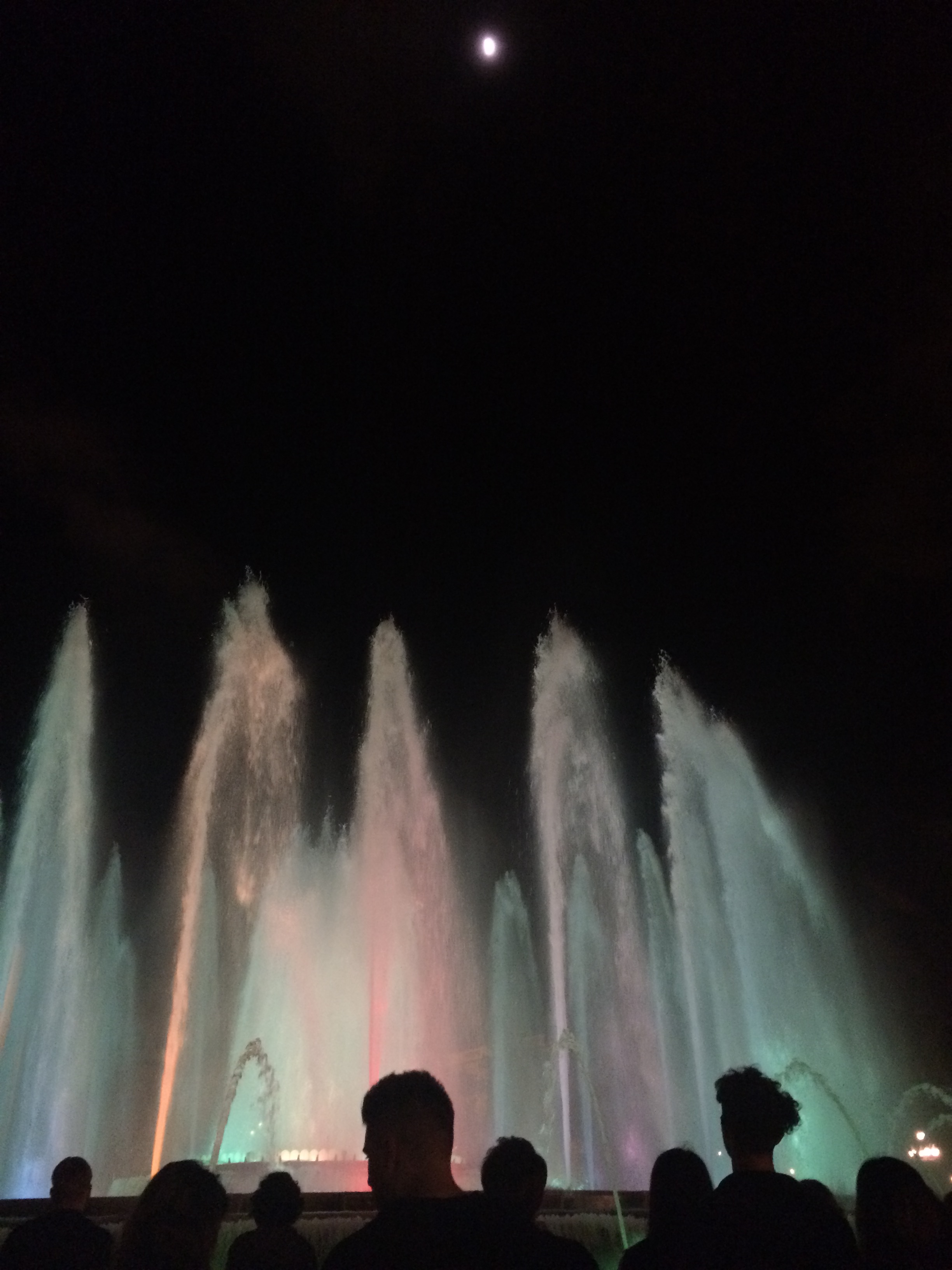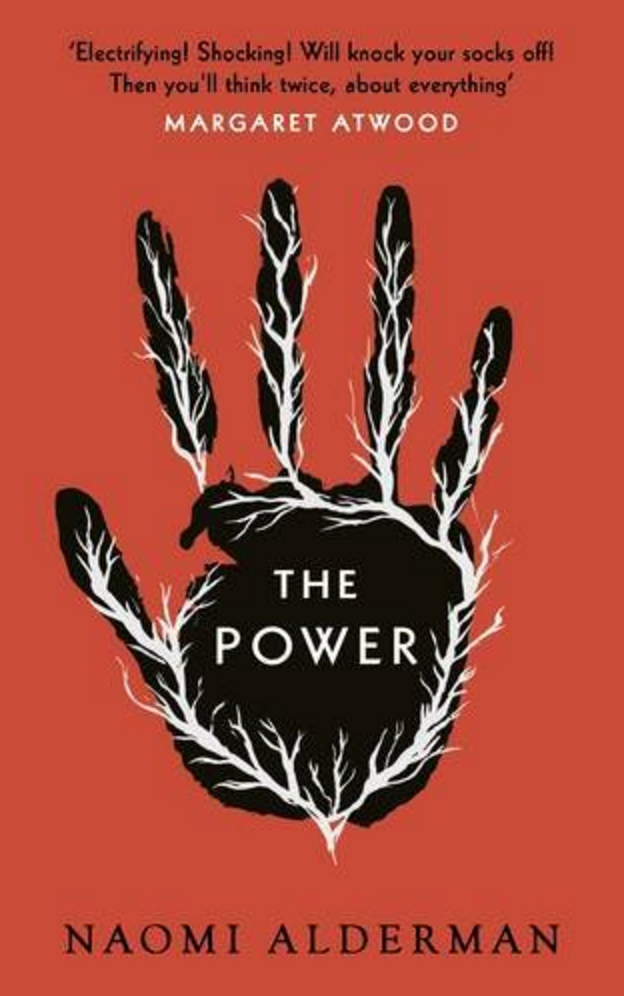Book by NADEEM ASLAM
Reviewed by FRANCESCA DE ONIS-TOMLINSON

Some writers present us with a slice of life. Others create a universe. Pakistani novelist Nadeem Aslam, the author of five novels who has been shortlisted for the Man Booker prize twice, is a universe creator. His novels are steeped in the culture, history and traditions of the Muslim worlds of Afghanistan, Pakistan, India and Kashmir. Aslam emigrated to England from Pakistan with his family, political exiles on the wrong side of the military junta, when he was fourteen. He learned to read and write English by hand-copying his text books. His father was a poet/activist, and his parent’s marriage was arranged, so he experienced first-hand the issues of a society that offers few prospects for advancement for women and scarcely more for a man not from the monied classes.
